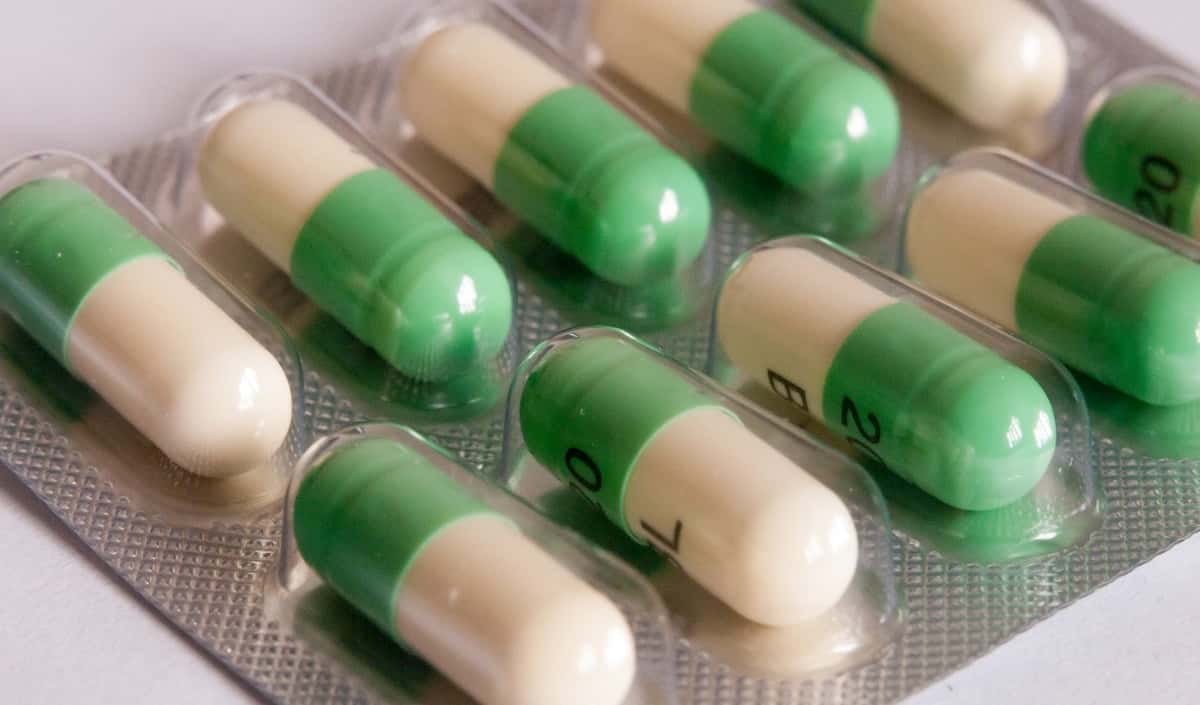
For years, psychiatrists have been wondering how to improve antidepressants’ effectiveness. People with depression are usually treated with medications such as desvenlafaxine (Pristiq), escitalopram (Lexapro), fluoxetine (Prozac), paroxetine (Paxil) or venlafaxine (Effexor). Such drugs are among the most frequently dispensed drugs in the pharmacy. However, nearly a decade ago, researchers found that antidepressants were hardly better than placebo for those suffering with mild to moderate depression (JAMA, Jan. 6, 2010). The investigators reviewed six placebo-controlled studies that included more than seven hundred patients. They analyzed volunteers’ depression scores after six weeks of treatment. Those with severe depression usually achieved significant benefit from the prescribed medication. In contrast, people with less serious depression at the outset did about as well on placebo as on active drug.
Can We Improve Antidepressants’ Effectiveness?
A study suggests that anti-inflammatory medications may boost antidepressants’ effectiveness (Journal of Neurology, Neurosurgery and Psychiatry, Oct. 28, 2019). This unconventional approach may seem surprising, but inflammation appears to play a role in the development of depression.
To examine this possibility, investigators analyzed 30 randomized controlled trials of medications. These included compounds like aspirin, NSAIDs, omega-3 fatty acids, N-acetyl cysteine or NAC, statins or antibiotics. All these products have anti-inflammatory activity, although they work through different mechanisms.
How Well Did Anti-Inflammatory Drugs Work?
In their review, the researchers discovered that such anti-inflammatory agents were more effective than placebo. People who took them reported lower scores on a depression scale. The anti-inflammatory compounds also improved antidepressants’ effectiveness. Four of the studies in the analysis used celecoxib (Celebrex) in conjunction with an antidepressant. This combination worked better than antidepressants alone. Omega-3 fatty acids, statins and the antibiotic minocycline also boosted the antidepressant power of drugs such as fluoxetine or citalopram.
When people take additional drugs, of course, they also may experience more side effects. One participant reacted to fish oil with a rash. Others suffered digestive distress as a reaction to statins and NAC.
Inflammation appears to contribute to the development of serious depression. Consequently, the authors conclude that anti-inflammatory drugs or supplements may have a role in treating people with this disorder.
Can Diet Also Improve Antidepressants’ Effectiveness?
Previous studies have indicated that anti-inflammatory eating patterns may reduce the likelihood of depression. Over a decade ago, research had shown that a diet high in vegetables, legumes, fruit, nuts, fish and olive oil and low in meat is linked to a lower risk of heart disease, asthma, cancer, macular degeneration, diabetes and dementia. Then scientists found that people following a Mediterranean diet are also less prone to depression (Archives of General Psychiatry, October, 2009).
Investigators from Spain tracked more than 10,000 volunteers. Those who followed a typical Mediterranean diet were 30 percent less likely to suffer depression than those with different diets. This evidence, although not foolproof, suggests that the more we eat like folks used to eat in Greece, Italy and Spain, the healthier we will be. While we have not seen studies that diet can boost the power of antidepressants, inflammation-lowering food choices like those in a Mediterranean diet might be worth considering.
Citations
- Fournier JC et al, "Antidepressant drug effects and depression severity: A patient-level meta-analysis." JAMA, Jan. 6, 2010. doi:10.1001/jama.2009.1943
- Bai S et al, "Efficacy and safety of anti-inflammatory agents for the treatment of major depressive disorder: a systematic review and meta-analysis of randomised controlled trials." Journal of Neurology, Neurosurgery and Psychiatry, Oct. 28, 2019. http://dx.doi.org/10.1136/jnnp-2019-320912
- Sánchez-Villegas A et al, "Association of the Mediterranean dietary pattern with the incidence of depression: The Seguimiento Universidad de Navarra/University of Navarra follow-up (SUN) cohort." Archives of General Psychiatry, October, 2009. doi:10.1001/archgenpsychiatry.2009.129


